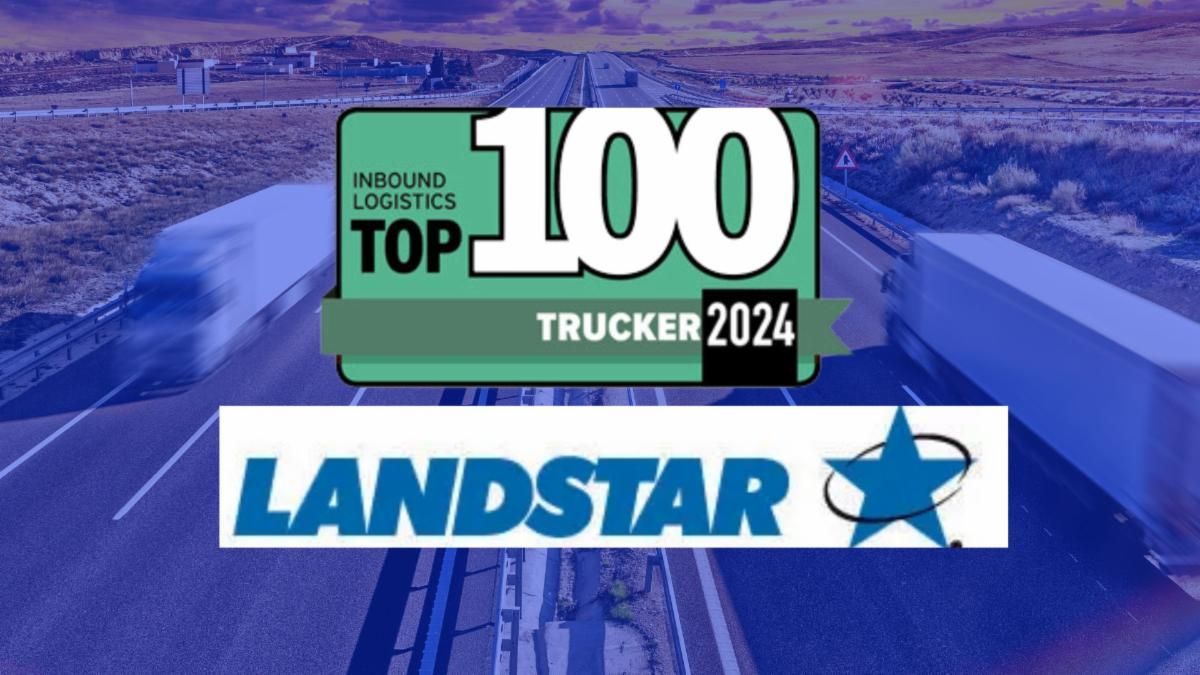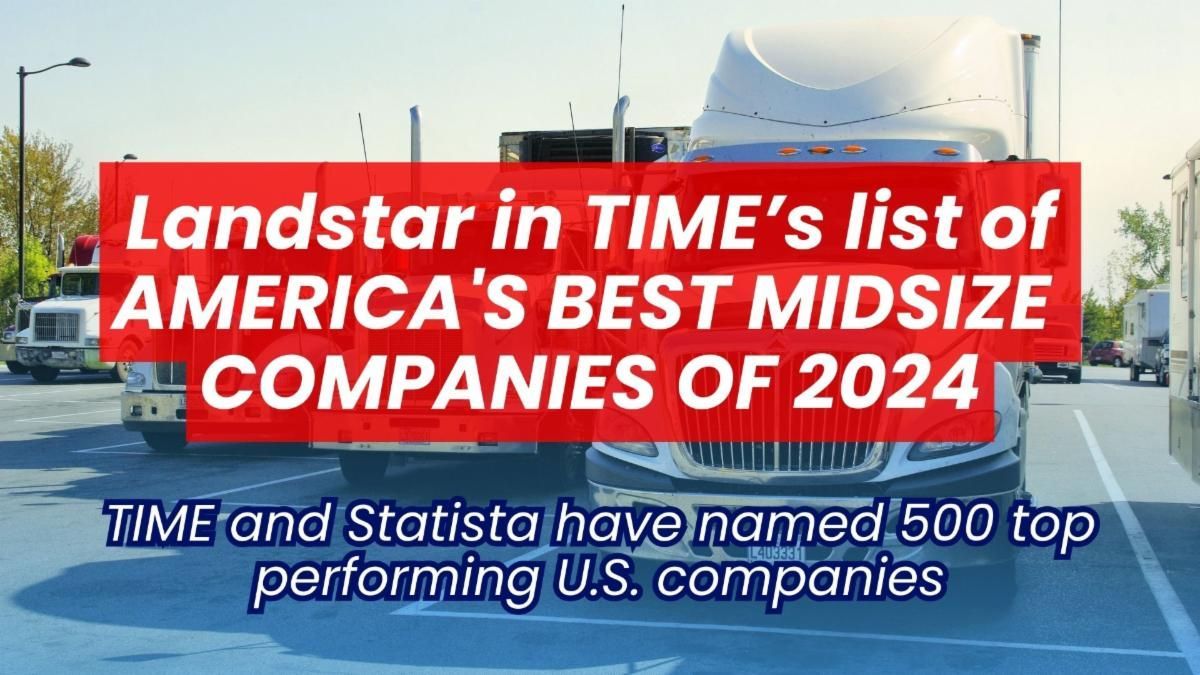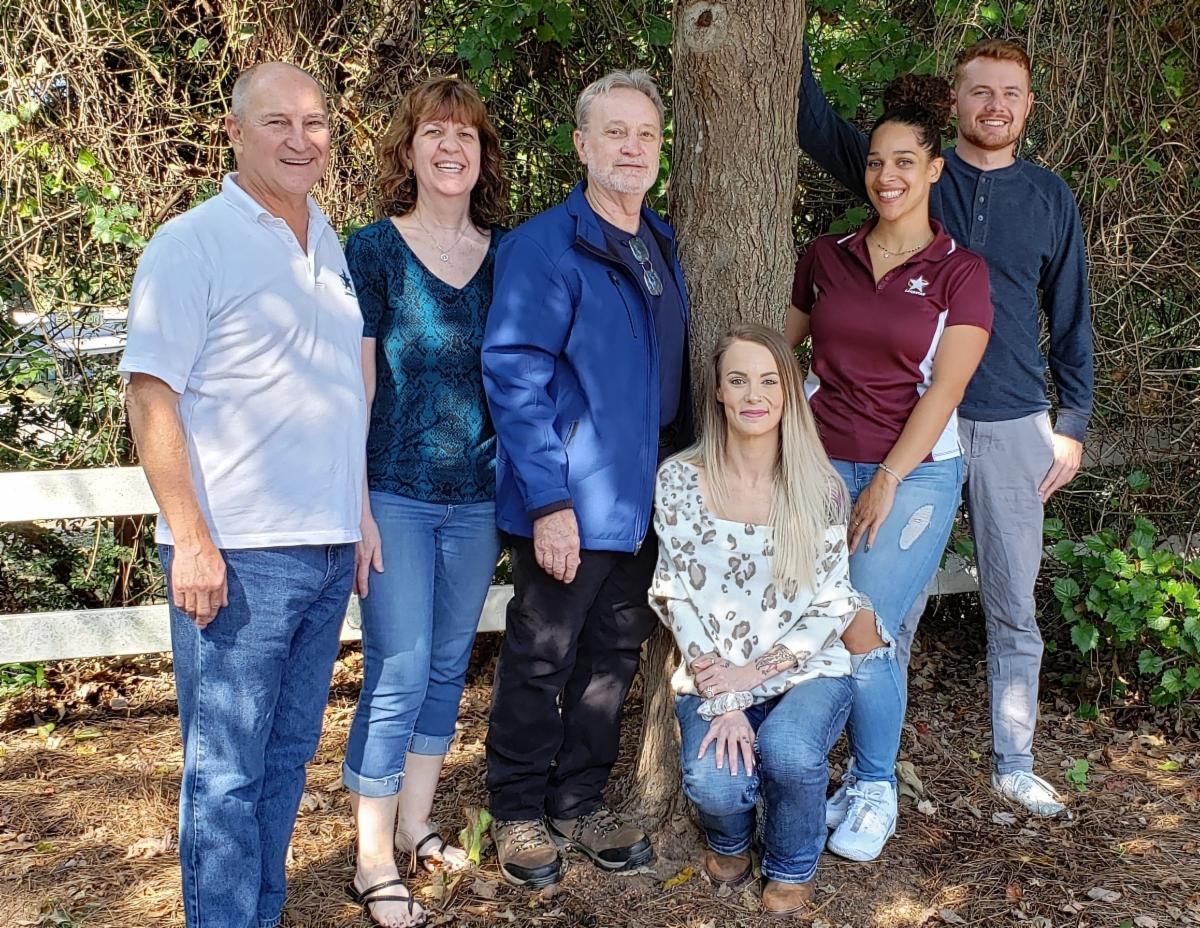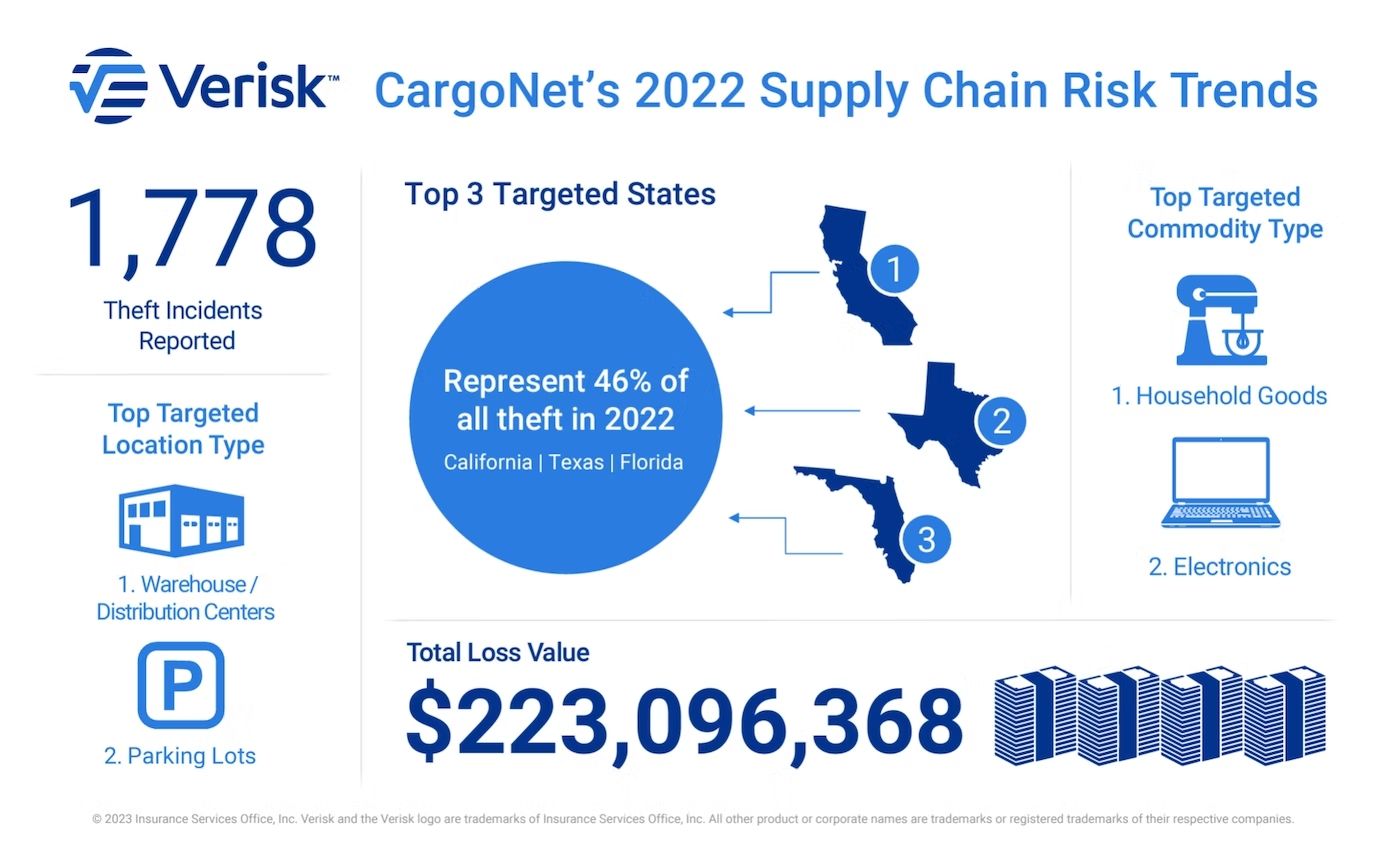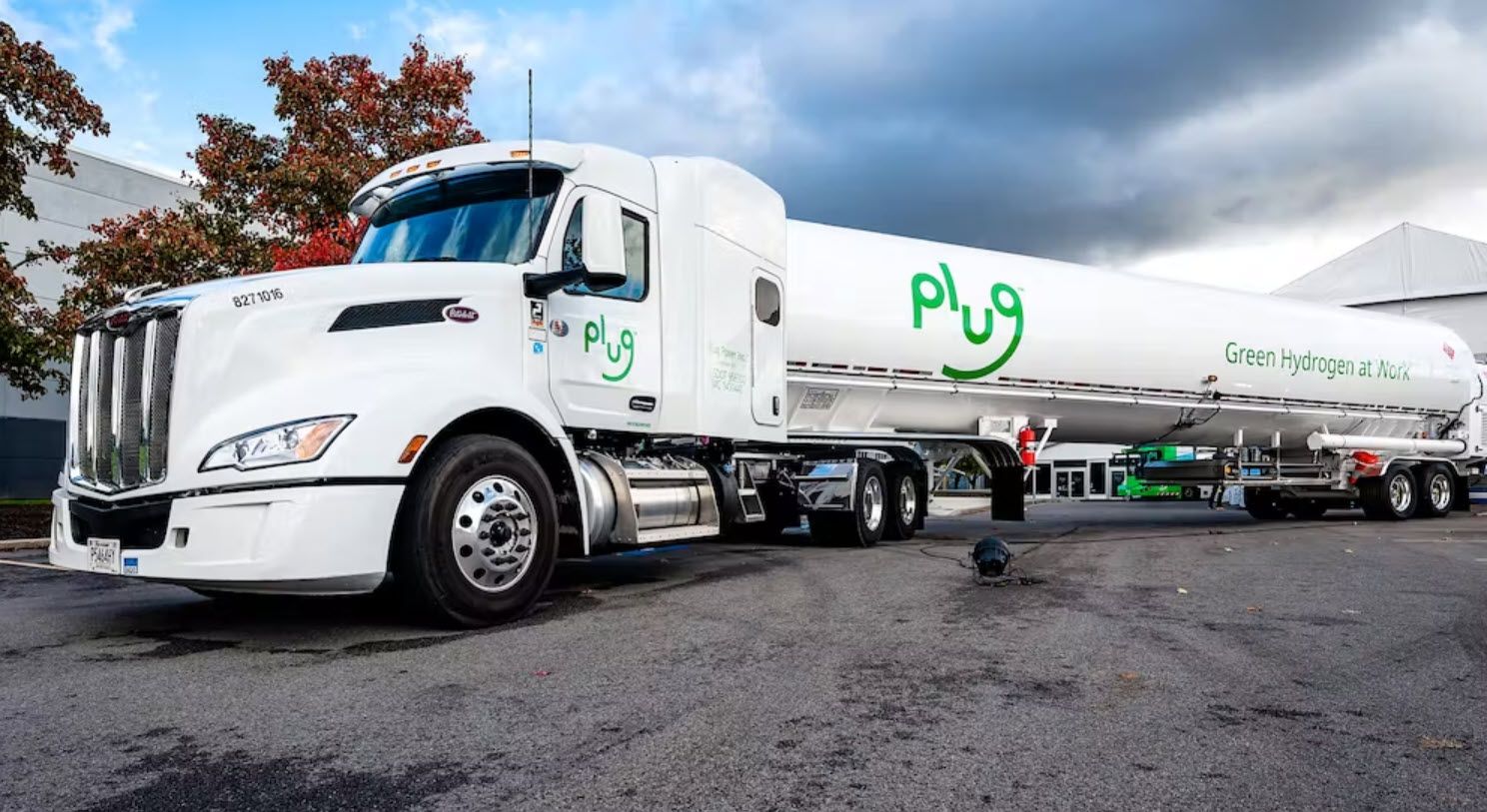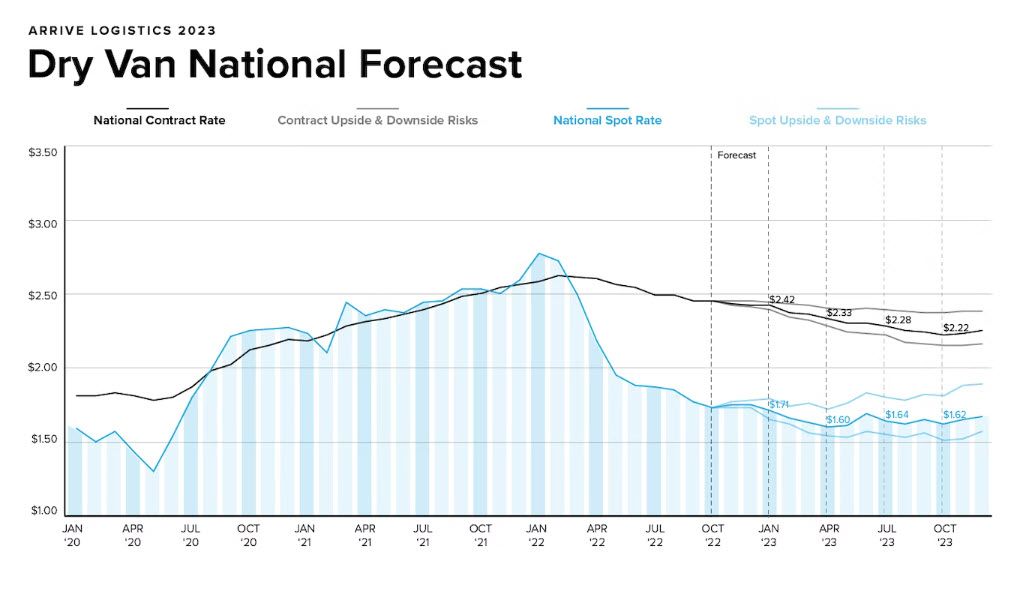Chameleon carriers pose threat to nation’s roadways
Noi Mahoney | Monday, July 18, 2022
Cracking down on these trucking companies involves using data and legwork
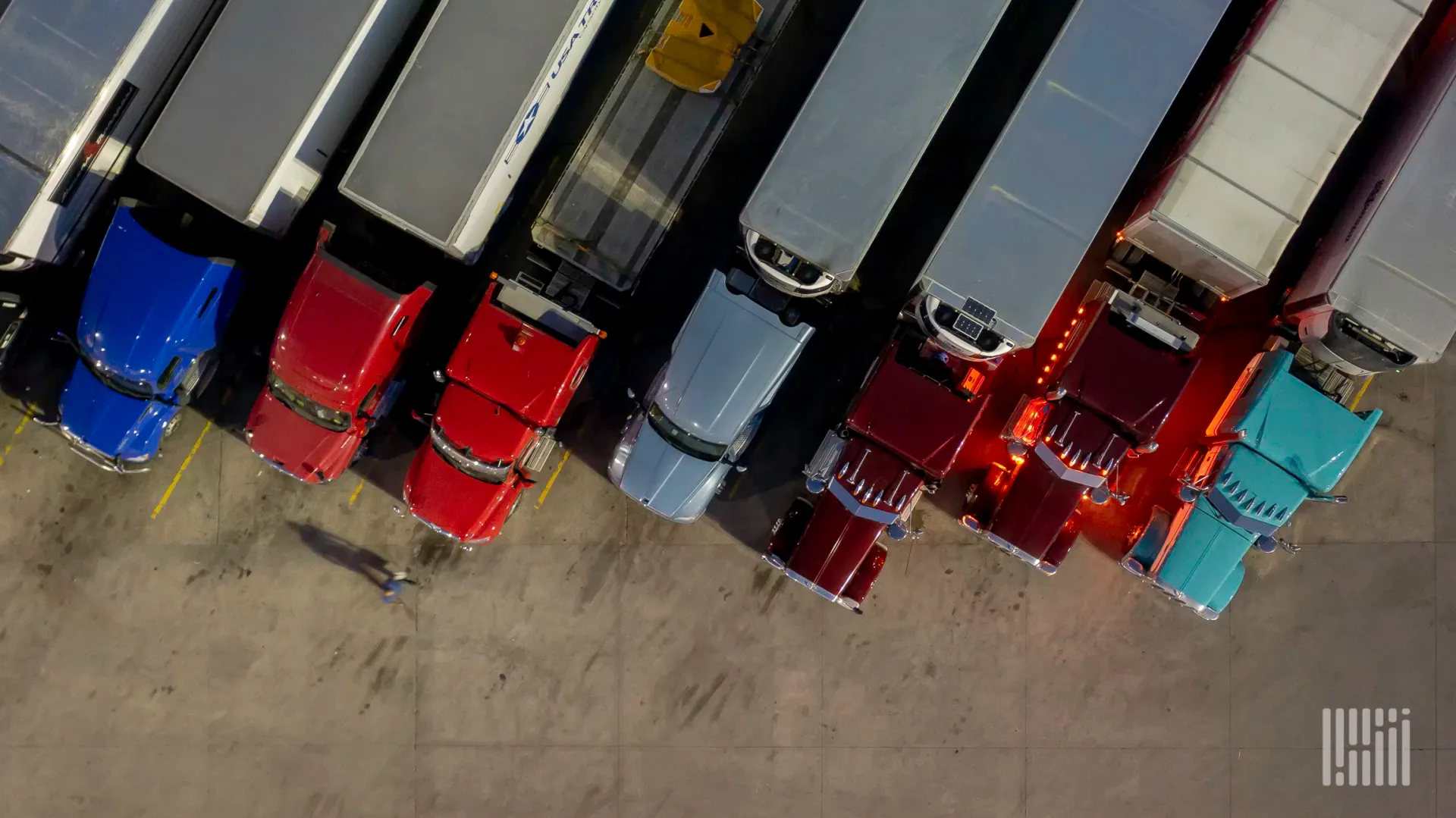
Jaypur Logistics, a Houston-based trucking company with a fleet of 18 trucks, was shut down for widespread safety violations by the Federal Motor Carrier Safety Administration on May 7.
The owner of Jaypur Logistics continued to operate as another trucking company, using a different carrier number he had been granted from the federal Department of Transportation under the name of JPL Logistics LLC, the FMCSA said. JPL also used the same trucks and drivers that had been part of Jaypur Logistics.
Jaypur/JPL Logistics was a so-called reincarnated or a chameleon carrier, a trucking company that attempts to skirt penalties by restarting with the same equipment and operation but under a different name, the FMCSA said.
“A chameleon carrier reincarnates to separate itself from negative past behavior, including FMCSA and/or state imposed citations or fines,” FMCSA said in an email to FreightWaves. “We believe they pose an increased risk to the public due to their past negative history.”
Purav Shah, who is listed as the principal of both Jaypur Logistics and JPL Logistics, did not return several messages from FreightWaves seeking comment.
According to the FMCSA and trucking industry experts, chameleon carriers have been a part of the trucking industry for decades, creating safety hazards on the roadways.
“It’s not something that only happens every once in a while, it’s out there,” Shuie Yankelewitz, chief operating officer of Central Analysis Bureau (CAB), a provider of risk assessment and data services for the transportation insurance industry, told FreightWaves.
“The trucking industry is a good industry, but it’s a very tough industry. It’s extremely competitive. It’s extremely difficult. There are so many different moving parts, especially in today’s day and age that are working against you. Most people in the industry are really hardworking people, but there are a small number of bad guys out there, just like every industry.”
John Esparza, president of the Texas Trucking Association, said the trucking and commercial transportation industry has worked hard in recent years to stamp out as many chameleon carriers as possible.
“Frankly, it used to be a lot easier to get away with, to the extent companies that would have their authority revoked and then effectively just use the same address, put a new name on the front door and refile [with the FMCSA] for your authority,” Esparza said.
Chameleon carriers create dangers on roads
It’s unknown exactly how many chameleon carriers are working in the trucking and transportation industry at the moment.
A 2012 report from the U.S. Government Accountability Office (GAO) discovered an increased number of freight carrier applicants with chameleon attributes from 2005 to 2010.
In 2005, the FMCSA granted 49,232 carriers the authority to operate, with 724 of those applicants (1.5%) having chameleon characteristics, according to the GAO report. In 2010, 1,082 (1.7%) applicants out of 65,631 new carriers showed chameleon attributes.
There are currently a reported 996,894 for-hire carriers across the country. In 2021, the FMCSA granted 109,340 new carrier authority applications, 84% more than in 2020, according to data from FTR Transportation Intelligence.
If just 1% of the carriers granted authority in 2021 have chameleon characteristics, that could be up to 1,100 new transportation companies that are operating on the roadways that pose safety risks.
Chameleon carriers are almost three times more likely to be involved in serious crashes compared to a trucking company operating by the book, according to the GAO report.
From 2005 to 2010, chameleon carriers were responsible for accidents that killed 217 people and injured 3,500.
“GAO found that from 2005 to 2010, 18% of the applicants with chameleon attributes were involved in severe crashes compared with 6% of new applicants without chameleon attributes,” the FMCSA said.
The FMCSA began tracking chameleon carriers after a 2008 charter bus crash killed 17 people near Sherman, Texas. The bus was carrying a group of 55 Vietnamese Catholics on the way to a pilgrimage event in Missouri when it drove off a highway overpass bridge.
The charter bus, which had been ordered out of service just two months prior to the accident by the FMCSA, had a history of safety violations and the driver had a criminal record. Investigators found that a retreaded tire on the vehicle’s right front axle failed.
Other well-publicized cases of chameleon carriers include Lewis Trucking in Georgia, which the FMCSA placed under an order to cease all operations in 2008 for numerous violations after one of its trucks struck a charter van on an Alabama highway killing seven people.
Devasko Lewis, the owner of Lewis Trucking, used an accomplice’s identity in an attempt to get around the FMCSA ruling and start new trucking companies after the Alabama accident. Lewis was later convicted of murder when he hired a hit man to get rid of a witness testifying against him in his FMCSA fraud case.
A more recent chameleon carrier case included brothers Zachary and Garrett Barber, who set up at least 20 chameleon trucking companies over an 11-year period dating back to 2006.
A trucking company owned by Zachary Barber was involved in seven crashes in 2012 alone. The FMCSA also found multiple violations of hazardous materials regulations, six violations of drug and alcohol testing rules, and no driver hours-of-service logbooks.
The Barbers were indicted on 36 various charges stemming from setting up chameleon carriers by the U.S. District Court in Salt Lake City in 2017. Zachary Barber received a 37-month prison sentence, while Garrett Barber received a sentence of 18 months of home confinement. They were fined a total of $1.3 million.
Yankelewitz said there is a huge financial risk for shippers that unknowingly contract freight shipments with a chameleon carrier.
“Simply putting your business out there with them, the shipment may disappear, they may go out of business. Whatever it is, it always comes down to the financial risks,” Yankelewitz said. “You could be putting your entire business at risk.”
New laws and technology help catch more chameleon carriers
After the 2008 charter bus crash in Texas, the FMCSA eventually began a vetting program for charter bus companies, commercial moving companies and commercial trucks, a “dedicated process to identify and prevent chameleon carriers from applying for and receiving operating authority.”
The FMCSA’s vetting program incorporates software to conduct automated risk-based assessments calculating risk potential based on the likelihood that an applicant for commercial operating authority is a chameleon carrier.
“Reincarnated carriers are tracked in FMCSA’s systems, provided that the legal proceedings in [out-of-service orders] have been followed,” the FMCSA told FreightWaves.
“New applicants and those returning to the industry after one year of revocation are screened for reincarnation behavior during initial registration, with additional checks being done during the FMCSA new entrant program and compliance review activities after registration and granting of operating authority.”
Chad Krueger, senior vice president at CAB, said the firm tracks possible chameleon carriers for clients with different types of data points using a proprietary system for rating, tracking and analyzing a motor carrier’s financial and safety profile.
“Those data points could be a phone number, fax number, cellphone, landline, email or it could be an address,” Krueger said. “There also could be a similar VIN number being extracted or the name of the representative of the company. There are all these ways that we provide that multilevel lead analysis to determine if there is a relationship between one carrier and another.”
Yankelewitz said most people starting a chameleon transportation operation will most likely do it in the same city or same area where they founded their original company.
“They don’t really want to run too far away, because if you are going to go into witness protection, then they have got to start again from the ground up,” Yankelewitz said. “The objective for them is to keep something so they can retain their business and still operate, not lose their customers, while avoiding the adverse details that are associated with the old company.”
Esparza and the Texas Trucking Association also worked in recent years on the state level with legislators to craft House Bill 3254 in 2017, giving state entities more authority to track and shut down chameleon carriers.
“It’s effectively saying you can no longer be John’s Trucking and get a bunch of penalties assessed on you and instead of paying the bill, just say, ‘All right, I’m going to reapply for my authority under someone else’s name and start it all over again,’” Esparza said.
HB 3254 clarified the Texas Department of Motor Vehicles’ authority to deny a motor carrier registration if the applicant was either owned, operated or managed or controlled by a person that the Texas Department Public Safety had determined has an unsatisfactory rating under federal rules.
“By and large, the majority of the people that are out there are trying to make a living in trucking,” Esparza said. “The ones that are are cutting corners, it’s getting to the point they are fewer and farther between that they’re able to survive because it’s a gauntlet of regulation they face.”
